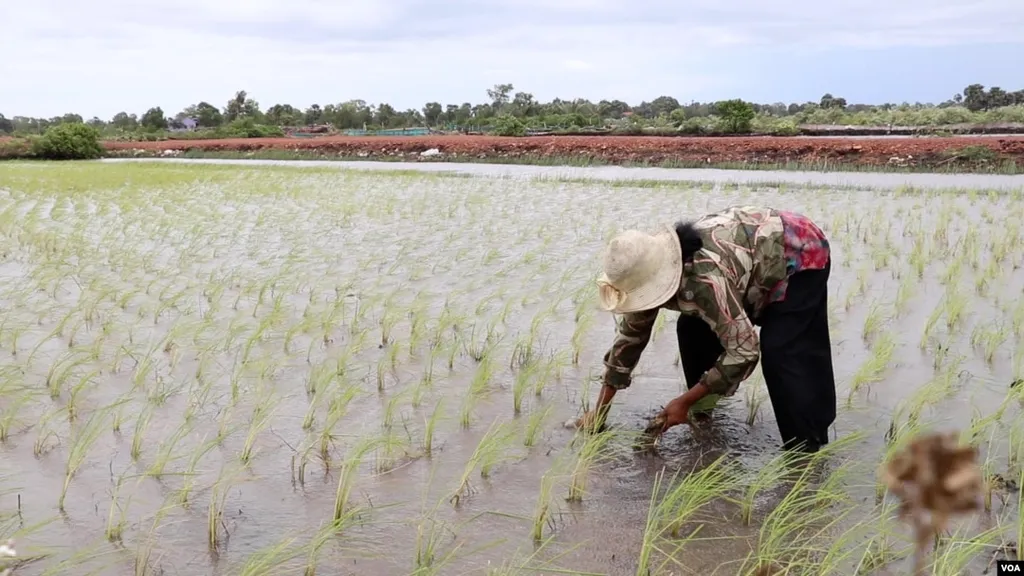In the heart of Saudi Arabia, a groundbreaking study led by Arwa Abdulkreem Al-Huqail from the Department of Biology at Princess Nourah bint Abdulrahman University is unlocking new strategies to combat the dual challenges of soil salinity and cadmium contamination in rice cultivation. Published in the journal ‘Plant Signaling & Behavior’ (which translates to ‘Plant Signaling & Behavior’ in English), this research offers promising insights for sustainable agriculture and could significantly impact the energy sector’s food supply chains.
The study focuses on the combined effects of plant growth-promoting rhizobacteria (PGPR) and salicylic acid (SA) in mitigating the toxic effects of salinity and cadmium (Cd) stress in rice plants. As soil contamination becomes an increasingly pressing global issue, the findings provide a beacon of hope for farmers and agricultural scientists alike.
Al-Huqail and her team discovered that elevated levels of salinity and cadmium stress significantly decreased plant growth, biomass, photosynthetic pigments, and gas exchange attributes in rice plants. “The stress induced oxidative damage, increasing malondialdehyde (MDA) and hydrogen peroxide (H2O2) levels by 44% and 38%, respectively,” Al-Huqail explained. This oxidative stress triggered an increase in various enzymatic and nonenzymatic antioxidants, gene expression, and sugar content in the plants.
However, the application of PGPR and SA showed remarkable results. “We observed a significant increase in plant growth and biomass, gas exchange characteristics, microbial diversity, and functional gene abundance in the rhizosphere,” Al-Huqail noted. The treatment also decreased oxidative stress, enhanced cellular fractionation, and reduced metal accumulation by 37% in the shoots of rice plants.
The implications of this research are far-reaching, particularly for the energy sector, which relies on stable food supply chains. By mitigating soil contamination and enhancing crop resilience, this study paves the way for more sustainable agricultural practices. “Our results provide new insights for addressing the pressing challenges of salinity and heavy metal contamination in agricultural soils,” Al-Huqail stated.
The study’s findings could revolutionize farming practices, ensuring food security and sustainability. As the world grapples with the impacts of climate change and soil degradation, innovative solutions like those presented by Al-Huqail and her team are crucial. This research not only highlights the potential of PGPR and SA in phytoremediation but also underscores the importance of interdisciplinary approaches in tackling global agricultural challenges.
In the quest for sustainable agriculture, this study stands as a testament to the power of scientific innovation. As the energy sector continues to evolve, the integration of such agricultural advancements will be vital in ensuring a resilient and secure food supply for the future.

